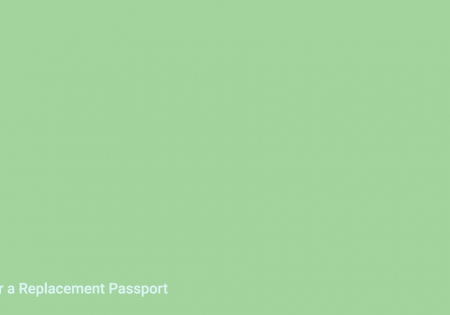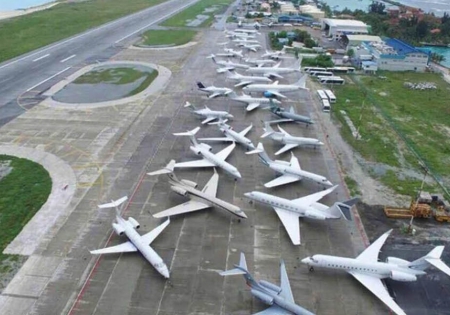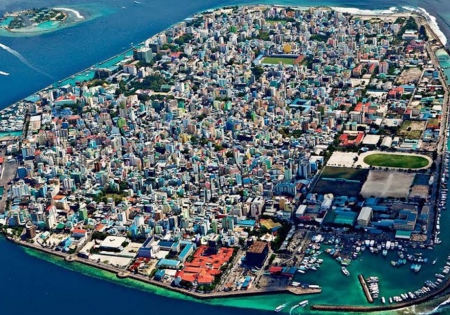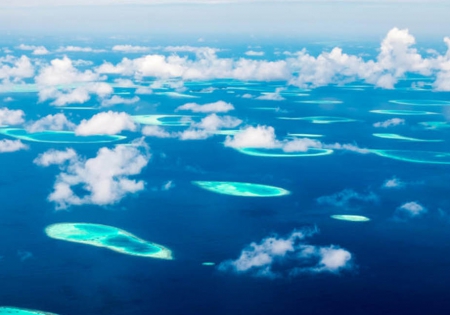The Permanent Mission of the Republic of Maldives to the United Nations and other International Organizations in Geneva represents the Maldives at various United Nations bodies and other agencies, including the Human Rights Council and the World Trade Organization.
Our primary purpose is to promote and protect the national interest of the Maldives as defined by the foreign policy objectives of the Government.
Our Services

Applying for a replacement passport
To replace a lost, damaged or stolen passport, please prepare the following documents for submission to the Maldives Mission in Geneva in person or by
...
Applying for a passport renewal
A Maldivian Passport can be issued to any Maldivian citizen who applies for a passport. If the applicant is under the age of 18, a passport can be issued by the
...Visit Maldives

Destination Profile
Introduction
The Maldives is one of the most beautiful tourist destinations in the world as it is a group of atolls located in the Indian
...
Customs Information
Prohibited Items
It is prohibited for tourists to bring firearms, alcoholic beverages, pork products, pornography and idols of
...Economy & Trade

Economic Profile
The Maldives is an archipelago at the heart of the Indian Ocean that consists of atolls with approximately 1,190 low-lying coral islands that stretch over an area
...
Invest in the Maldives
Why invest in the Maldives?
Foreign Direct Investments (FDI) has always played a crucial role in the economic development of the Maldives.
...